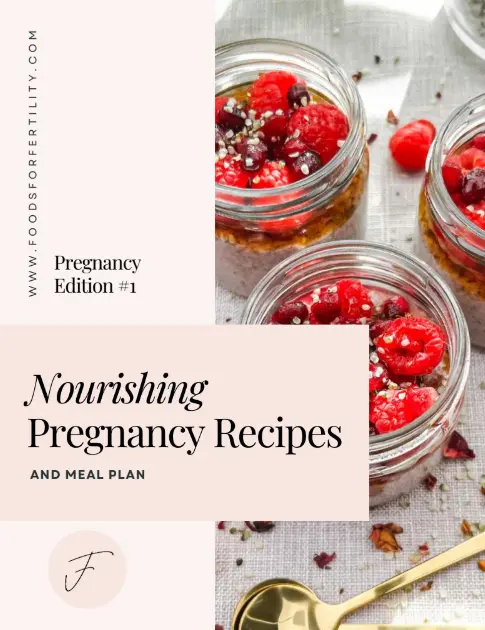Pregnancy is a time of heightened awareness about health and nutrition. While many expectant mothers focus on maintaining a balanced diet, one often-overlooked risk is nitrate intake. Nitrates, nitrites, and nitrosatable drugs have been linked to congenital malformations, raising concerns about their presence in drinking water and food. Understanding these risks is crucial for safeguarding your health and the health of your baby.
What Are Nitrates and Nitrites?
Nitrates and nitrites are naturally occurring chemicals made of nitrogen and oxygen. They exist in both organic and inorganic forms. Inorganic nitrates and nitrites are commonly found in soil, water, and plants, while organic nitrates are synthesized for medicinal purposes. They are widely used in food preservation, particularly in processed meats, to prevent bacterial growth.
Sources of Nitrates and Nitrites and resulting complications
Diet - Vegetables and Processed Meat
- Vegetables: Leafy greens like spinach, lettuce, and arugula contain naturally occurring nitrates.
- Processed Meats: Cured meats such as bacon, ham, and sausages often contain added nitrates and nitrites for preservation.
Processed meats, leafy vegetables, and certain preserved foods contain nitrates and nitrites. While some dietary nitrates are naturally occurring, excessive consumption—especially of processed meats—can lead to increased nitrosamine formation, which has been associated with birth defects. A diet rich in fresh, unprocessed foods can help mitigate these risks.

Educational Materials for Your child / students (Pre-K to High School)
Go to EduFlourish
Drinking Water:
Contaminated drinking water is a significant source of nitrate exposure. Agricultural runoff and industrial pollution can elevate nitrate levels beyond safe limits. Studies have explored the link between nitrate-contaminated water and pregnancy loss, preterm birth, and congenital malformations. Expectant mothers should ensure their drinking water meets safety standards to minimize exposure.
Excessive exposure to nitrates and nitrites—especially through contaminated drinking water—can pose serious health risks. These compounds can convert into N-nitroso compounds, which have been associated with adverse pregnancy outcomes. Studies suggest that prenatal exposure to these substances may contribute to birth defects, particularly affecting organ development.
Medications
Certain medications, known as nitrosatable drugs, can react with nitrates and nitrites in the body to form harmful N-nitroso compounds. Research indicates that prenatal exposure to these drugs may increase the risk of congenital abnormalities, including neural tube defects and limb deficiencies. Pregnant women should consult healthcare providers before taking medications that may have nitrosatable properties.
The combined exposure to nitrosatable drugs and dietary nitrates/nitrites may amplify the risk of birth defects. Research suggests that simultaneous intake of these substances can lead to higher levels of harmful N-nitroso compounds, increasing the likelihood of congenital abnormalities. Pregnant women should be cautious about their medication and dietary choices.
Reducing the effects of Nitrates
Vitamin C plays a protective role by inhibiting the formation of N-nitroso compounds. Studies indicate that adequate vitamin C intake during pregnancy may reduce the harmful effects of nitrosatable drugs and dietary nitrates. Incorporating vitamin C-rich foods, such as citrus fruits and bell peppers, into the diet can be beneficial.
A diet rich in fresh, unprocessed foods can help mitigate these risks of coming into contact with nitrates from processed meats or vegetables.

Educational Materials for Your child / students (Pre-K to High School)
Go to EduFlourish
For a healthy and nutrient rich pregnancy diet, check out the Pregnancy Meal Plan.
While nitrates, nitrites, and nitrosatable drugs are common in the environment and diet, their potential impact on pregnancy should not be ignored. Expectant mothers can take proactive steps by ensuring safe drinking water, making informed dietary choices, and consulting healthcare providers about medication risks. By staying vigilant, they can help protect their babies from the hidden dangers of nitrate exposure.
